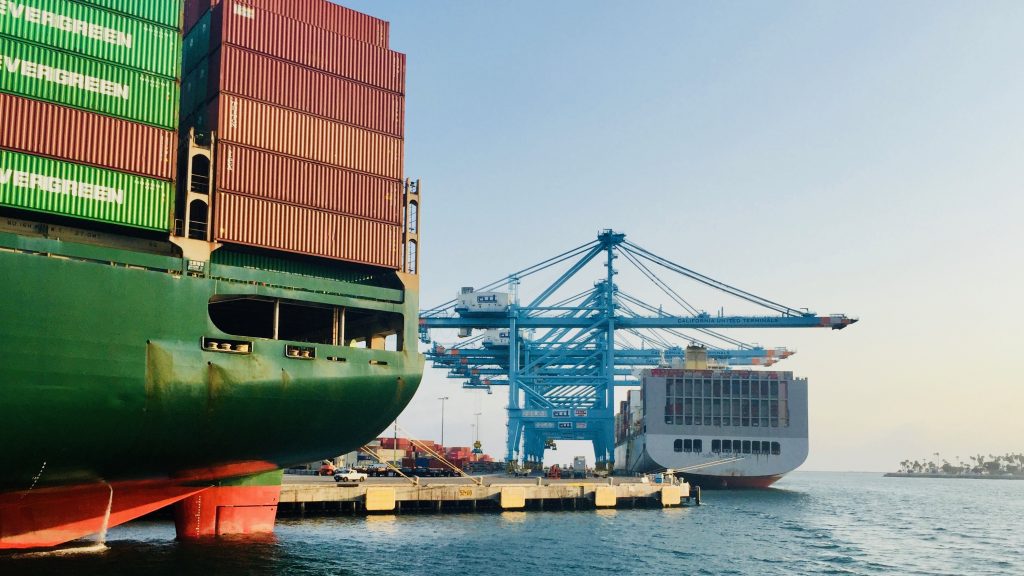Global Trade and Logistics

The interaction and integration of people, companies, and governments is easier and faster than ever before. Expanding globalization and urbanization, intensified by technology, allows for accelerated exchange of goods, services and capital across international borders.
Services are the fastest growing exports worldwide.
The most powerful drivers of economic development, according to the World Trade Organization (WTO), are trade and technology. They are also vital sources of economic growth. They boost productivity and access to goods, encourage knowledge sharing and exchange of ideas, and improve standard of living.
The four disruptive trends that change the world by McKinsey Global Institute are urbanization, accelerating technological change, challenges of an aging word, and greater global connections. Emerging markets are going through simultaneous industrial and urban revolutions. Among the disruptive technologies to watch are mobile internet, automation of knowledge work, and internet of things. Global life expectancy is increasing, and the workforce is getting older. Finally, we are already experiencing increasing volumes of trade, investment, people and data.
Fear of automation and artificial intelligence is fueled by the risk of job loss. In response, varies studies show varying predictions. But many agree that with jobs lost, others will be created. Some occupations will grow, others will decline. Some workforce transitions will call for switching occupations, others will demand new skills or change in educational requirements.
On the other hand, future work activities will require more “soft skills” such as social and emotional reasoning and sensing, as well as advanced cognitive capabilities such as high-level logical reasoning. More advanced overall capabilities are required today for only a relatively small number of jobs.
In addition, the industry is making a transition to a low-carbon, more sustainable, and resource-efficient economy. For example, the International Maritime Organization (IMO) imposes new low-sulfur fuel standards—that are coming into effect in 2020—in an attempt to reduce greenhouse gas emissions. The new global limit requires ships to use marine fuels with a lower sulphur content in an attempt to reduce greenhouse gas emissions. As a result, several ship-owners placed orders for dual-fuel LNG-powered ocean-going vessels.

